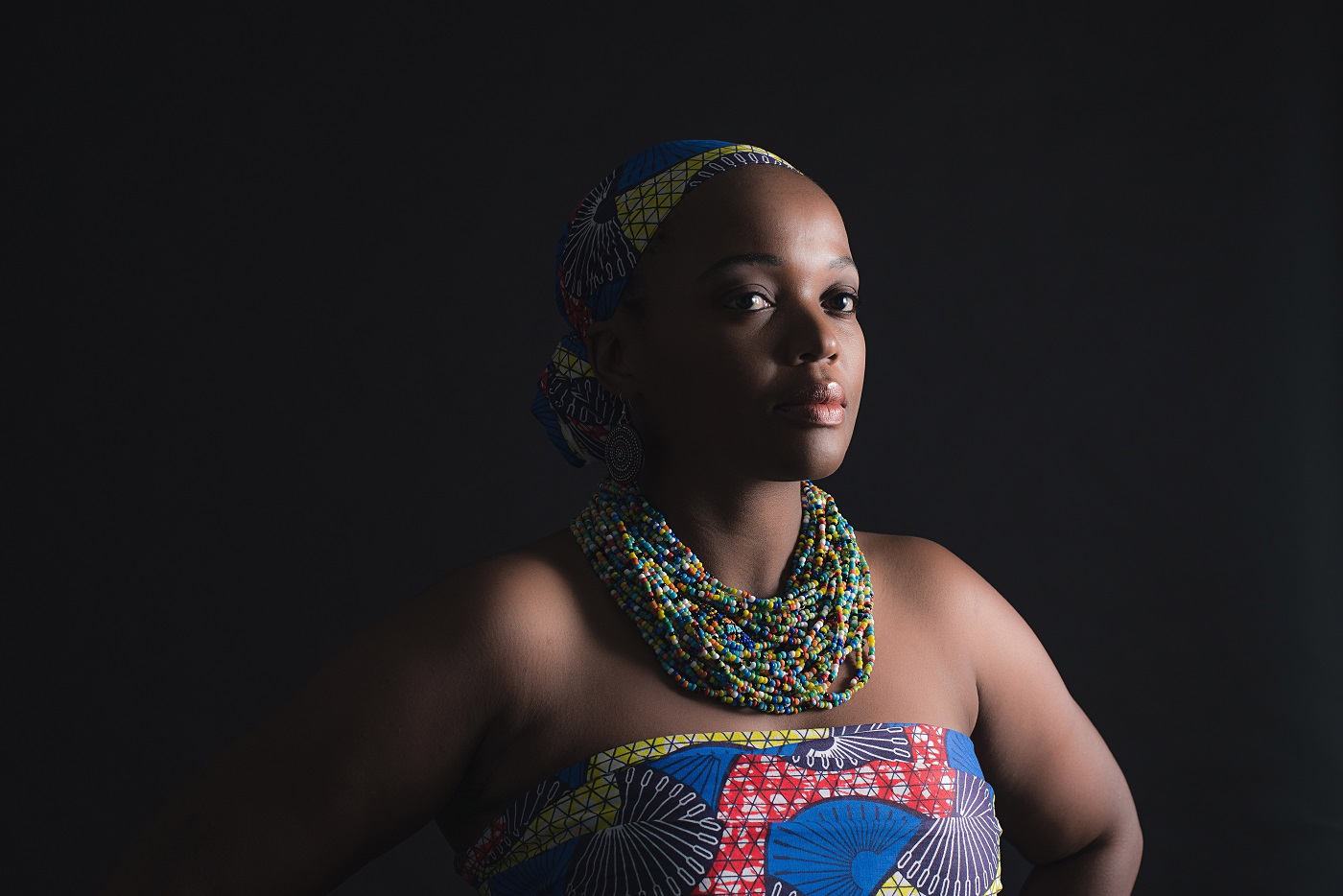
Most people witnessed the South Gauteng High Court in 2018 rule that popular publicist, Lerato Sengadi, was the customary wife of late hip-hop star, Jabulani Tsambo aka HHP. This was after a highly talked about fight between her and his family following his death. This created a renewed debate around customary marriage, and how it works legally.
By: Bulelwa Dayimani Pictures: XX
When Siphokazi Ndzingi’s long-time sweetheart, Mduduzi Ndzingi, proposed to her in 2015, a customary marriage was the easy choice. “The decision wasn’t up to us because when Mduduzi paid lobola, our parents told us to have a traditional wedding. And, we didn’t have a problem with that,” Siphokazi says. She adds that, she was raised by parents who took pride in their culture and traditions. Her father always explained to her how the Zulu culture worked, and what would happen when she got married. Siphokazi explains that unlike a civil union, where two individuals are joined in marriage, the customary type goes further than that. According to candidate attorney at the University of the Witwatersrand (Wits) Centre for Applied Legal Studies, Vuyolethu Mntonintshi, certain requirements have to be followed for a customary marriage to be recognised. “Customary marriages occur gradually, and are not concluded by a single event, such as a ceremonial signing of an official document. It is a process and a series of events, such as the negotiations and payment of lobola, the handing over of the bride to the groom’s family etc.” Siphokazi feels that not only is a customary union a sign of respect to your family, but also a sign of respect to your ancestors as there are customary rights that have to be observed. “As an African, it also gave me so much pride to follow my culture.”
CUSTOMARY MARRIAGE
A customary marriage is entered in accordance with the traditions and customs of indigenous African customary law. This type of union is recognised in South Africa in terms of the Recognition of Customary Marriage Act 120 of 1998. Parliament was asked to pass this law to ensure that government promotes and encourages diversity in terms of culture, and to remove laws that were discriminating against customary marriages under the apartheid government. “Customary marriage in terms of section 3(1) of the RCM must meet these requirements: the prospective spouses must be over the age of 18 and both consent to marry under customary law, the marriage must be negotiated and entered into or celebrated in accordance to the law,” says Vuyolethu. He also agrees with Siphokazi that a customary marriage is not only concluded with the couple, but also extends to their families. Unlike a civil union, where the marriage has to be officiated by a religious leader or authorised official to be valid, a customary marriage is acknowledged by the people who practice the custom; including the family. Cultural expert, Dr Nomagugu Ngobese, believes that the customary marriage still holds weight in many African traditions. “A customary union is important as it connects two spiritualities, from the groom and bride’s family. We also believe that the bride comes to help build the family, which is why both families need to approve.” With South Africa having different ethnic and cultural groups, there’s been quite a debate on when the marriage can be officially recognised. But, Vuyolethu makes it clear that if the marriage meets the requirements (specific to each culture) and the community that practises the custom is aware it, then it is regarded as official. Siphokazi says that one of the important things when entering a customary marriage is to be acknowledged by your husband’s family, after being handed over by yours. “My husband’s family slaughtered a goat for me, and smeared me with the bile from the gallbladder. This was done to introduce me to their ancestors, so that they could acknowledge and protect me,” she says.
DEALING WITH DIVORCE
While divorce is the last thing on your mind when you get married, unfortunately it is a reality. Dr Nomagugu says that traditionally, amongst many African cultures, divorce doesn’t exist. “We never had divorce back in the day, but now African people are westernised. And, it’s easy to divorce in the western community because the people who are involved in the marriage are individuals,” she says. She adds that currently, the magistrate must get involved in the marriage. She believes that this is because people have lost their identity, as the laws are created by people who are academic and westernised. “It should be the elders who are advising on things such as customary laws,” she emphasises. While Dr. Nomagugu disagrees with how a customary marriage is dissolved these days. According to the law, this type of union must be dissolved by an order of a competent court. “In ancient customs practised amongst the Xhosa people, a marriage is only dissolved by the two families that negotiated lobola and have agreed to return the cows that were paid to the other spouse’s family,” says Dr Nomagugu. “Section 8 of the Act declares that a customary marriage can be dissolved by an order or decree of a competent court, which is in terms of marriages that are registered,” says Vuyolwethu.
AN UNREGISTERED MARRIAGE
Stories of women who have left their customary marriages with nothing are not uncommon. Vuyolethu stresses the importance of registering your customary marriage, especially if you have assets such as property together. “The marriage must be registered within three months after the wedding process has taken place.” But, couples who were married before the Recognition of Customary Marriages Act began can still register their marriages. “An unregistered marriage is declared to be out of community of property, meaning that couples will lose the right to share in the assets and estate of the other when they separate. In some cases, women who have divorced have lost everything that they had put into the marriage because they failed to register their marriage,” Vuyolethu says. If your marriage is registered, that means that it will be recognised as being in community of property, and you have a share in each other’s estates. And, you can even inherit a half-share of your spouse’s estate upon their death. But, failure to register a customary marriage does not affect the validity of that marriage,” says Vuyolwethu.
A STANDARD CUSTOMARY LAW FOR ALL CULTURES
With customary law, there is no one size fits all approach. Unlike common law, customary law is constantly changing as traditions evolve. “South Africa and the rest of Africa is very diverse, and customs and culture are practiced differently,” Vuyolethu says. In a customary law, the case is looked at in terms of that specific culture, their customs and the requirements for that group. “An interesting phenomenon occurs when cultures and customs clash. For instance, when a Xhosa man marries a Venda woman, a balancing act has to occur to avoid ethnocentrism and patriarchy, where the custom of the man supersedes that of a woman,” she concludes.




